GLOBAL
POLICY LAB
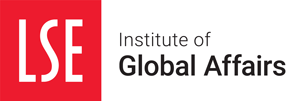
GLOBAL POLICY LAB

Inequality Matters to the G7
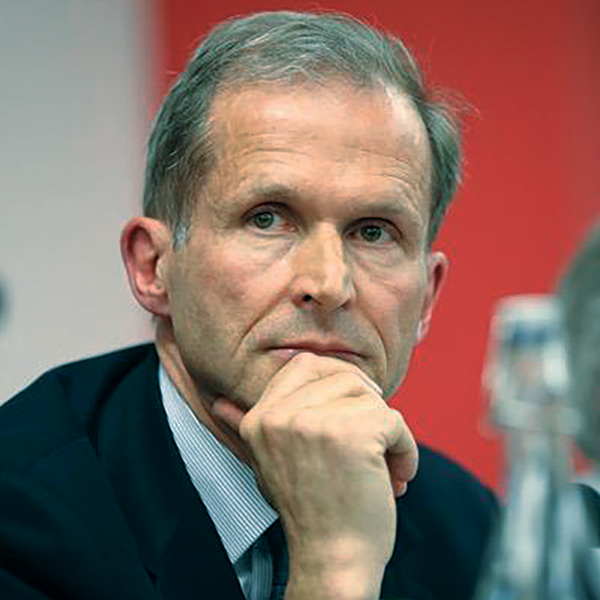
Inequality within countries has not traditionally made it to the tables of international cooperation. Rather, individual countries have to determine the extent to which unequal distribution of income and wealth should be tolerated, and within countries the topic was politically divisive. There has also been little agreement within the social sciences on the drivers of inequality and the impact it has on economic growth and development but also on general wellbeing.
Rising populism in both advanced and emerging economies has now catapulted inequality onto the agendas of the G7 and the G20. There is a growing consensus that we need to better understand the distributional dimension of economic policies and how inequality affects the effectiveness of different policies. We are only now beginning to seriously consider how inequality and perceptions of inequality affect people’s sense of wellbeing.
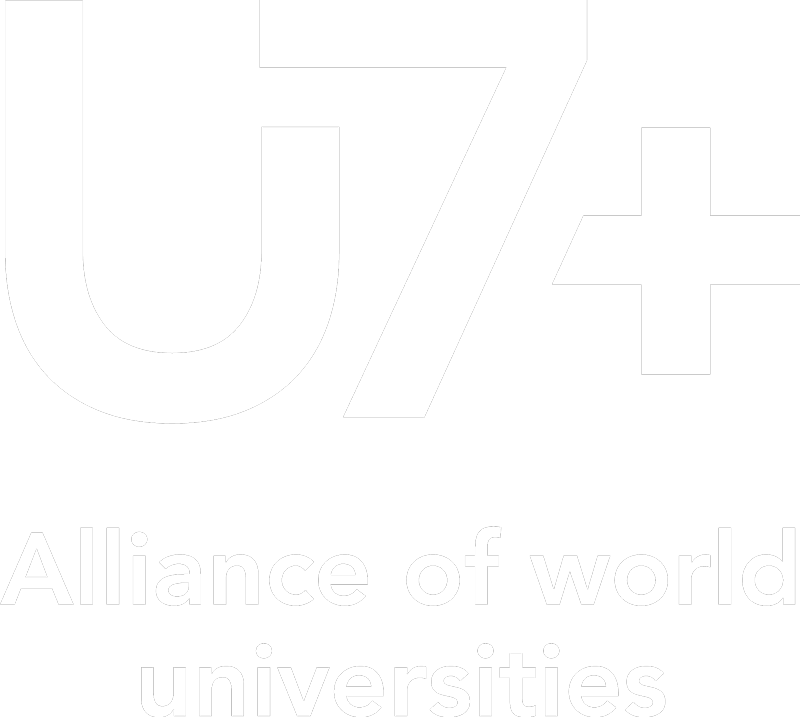
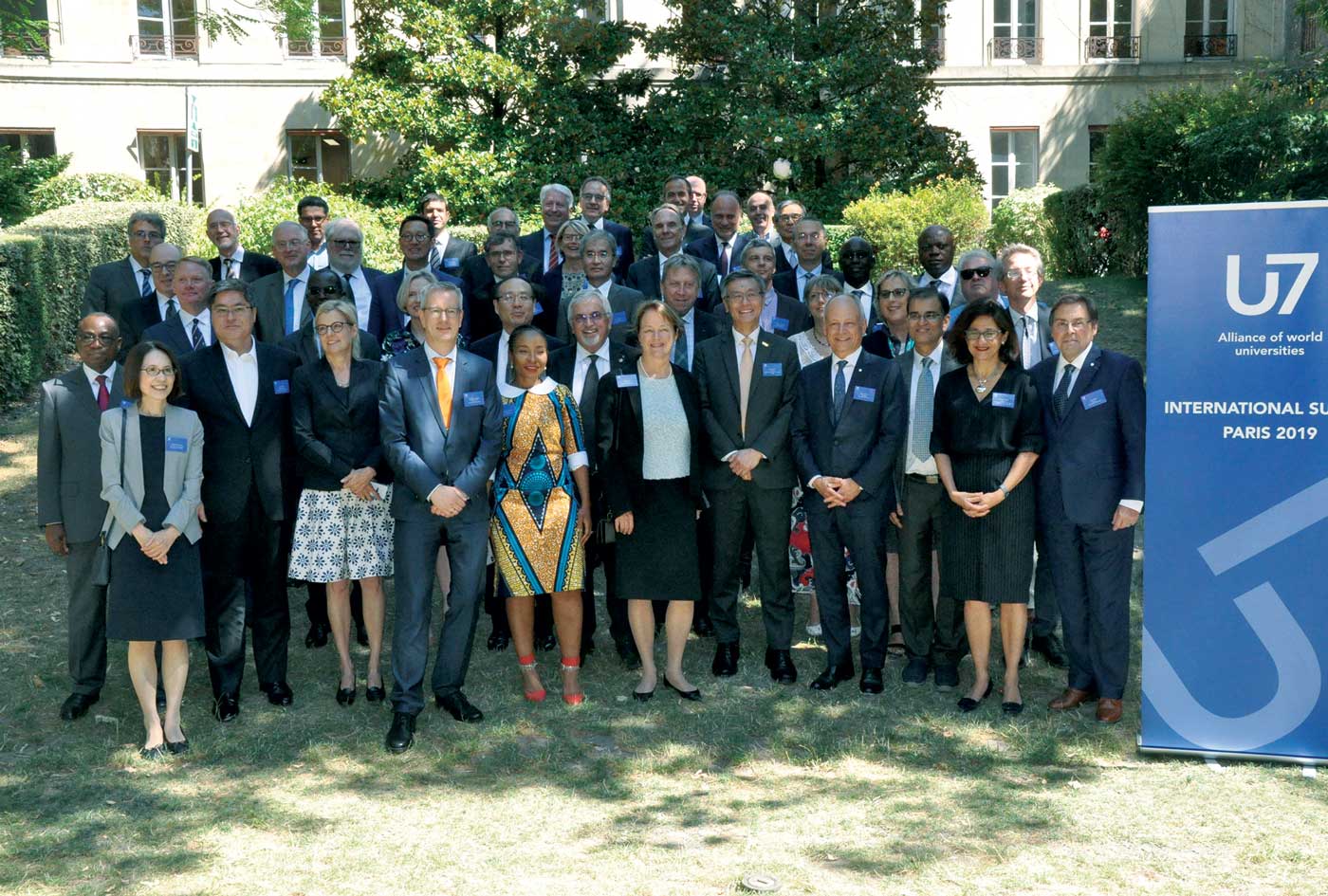
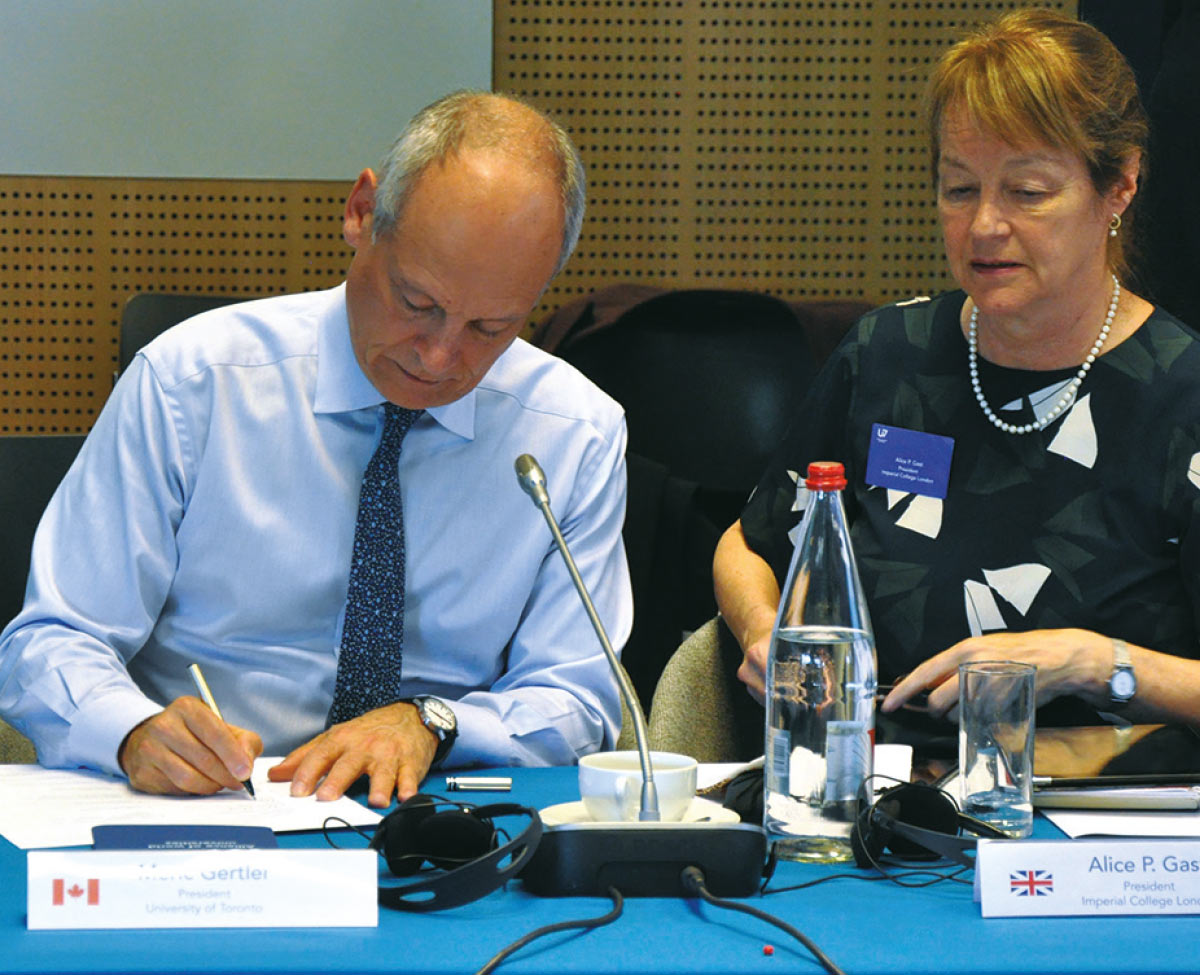
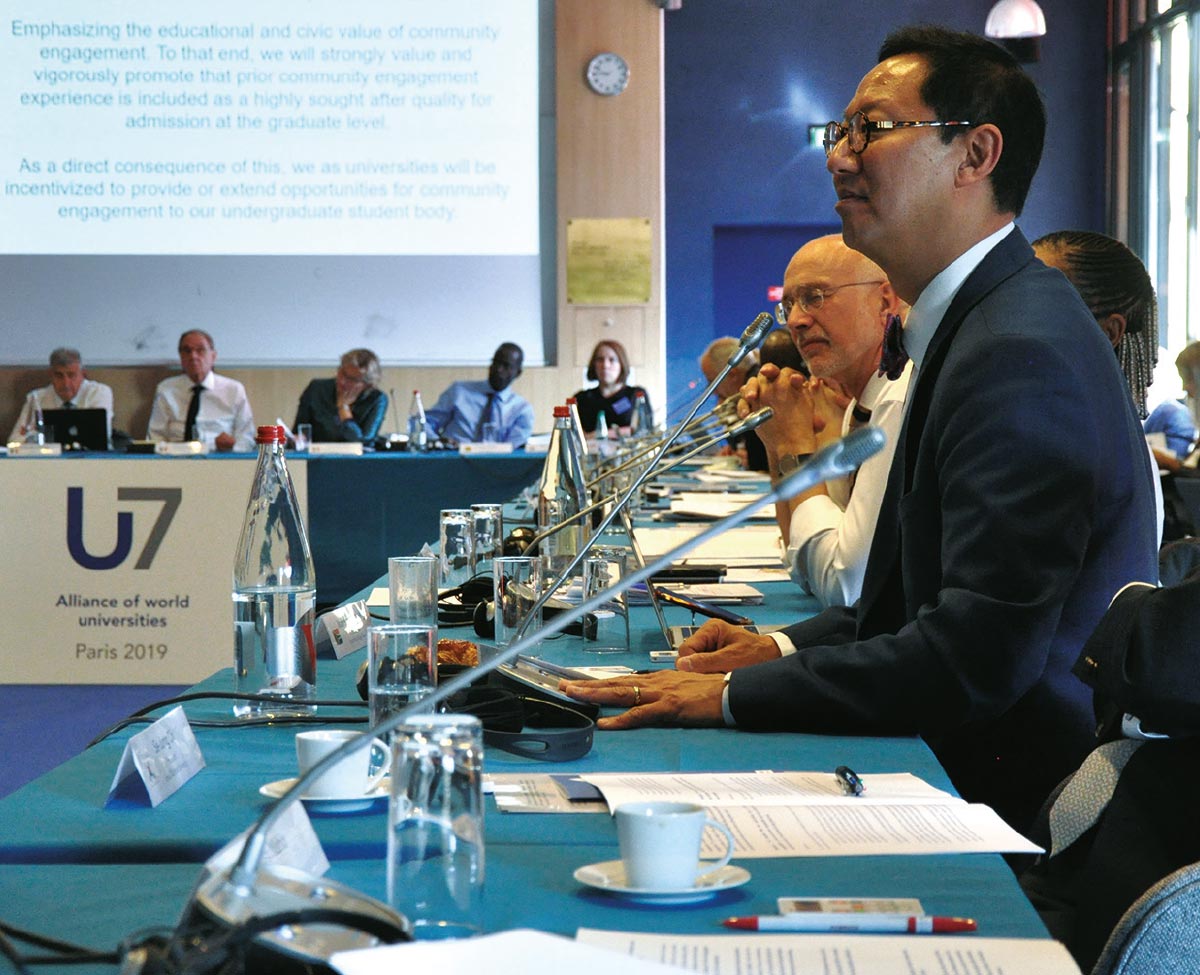

In the scope of the G7, there are a number of active engagement groups dedicated to providing specific input and recommendations within their relevant fields: Youth7, Women7, Business, and several more. However, until the U7+, never has such an international cross-section of universities representing a total of 2 million students and some of the highest-end research worldwide come together as a collective force for action on this multilateral scale.
GLOBAL POLICY LAB

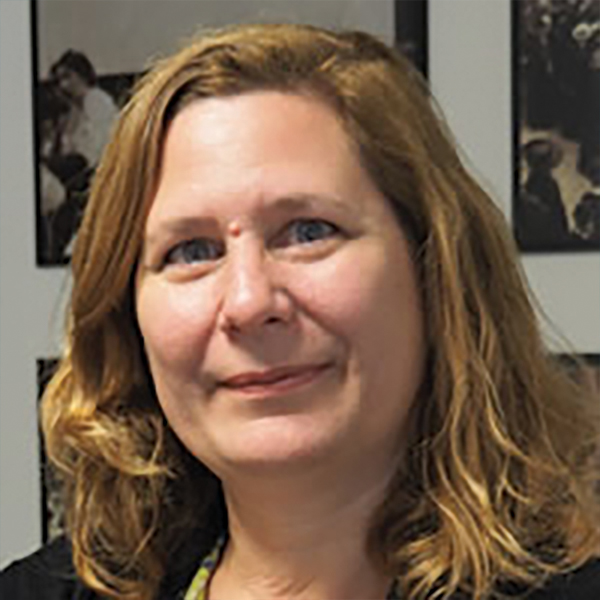
The recent focus on inequality by a number of important international bodies and organisations is a welcome development for those who have been concerned about the deep and profound divisions that exist between people around the world. However, although our knowledge and understanding of inequality has grown, there continues to be too narrow a focus.
We now know a fair amount about inequalities in income, earnings, wealth, health, life expectancy, and education. But these measures only provide a partial picture of inequality. It is true that inequalities in the financial resources that people have available are important, as are inequalities in life expectancy. Nevertheless, there is a concern that the choice of outcomes which inequality studies have focused on is somewhat arbitrary, and often has more to do with the availability of data than theoretical consideration. We argue that first, it is important to be clear about what aspects of peoples’ lives we should be concerned about.
When we assess the outcomes of people’s lives we think about the quality of their lives and their overall well-being. Attempts have been made to estimate holistic measures of well-being but from a quality of life perspective, the most common approaches are problematic. This is because, on the one hand, measures based on economic outcomes fail to consider differences in need between individuals or differences in individuals’ ability to convert these resources into valuable things they can do or be (such as going on holiday, being well-nourished, feeling physically secure, or having friends).
GLOBAL POLICY LAB


While some people see reducing inequality as important in itself, for others eradicating poverty is what matters, and inequality in itself is unimportant.
But can one, in fact, be concerned about poverty but indifferent to inequality? As a corollary, does tackling poverty also require policies to reduce inequality?
For some in the philosophical debate, inequality is in fact the prime concern, with poverty a consequence. But for others, poverty is the starting point and inequality of concern just for instrumental reasons, if it leads to or exacerbates poverty.
For many, though, the concerns are not exclusive. Both are relevant for human deprivation and violate human dignity. They can also reinforce each other. A pluralist approach suggests one can prioritise poverty while also allowing that inequality matters, both in itself and instrumentally.
GLOBAL POLICY LAB


Making capitalism fairer and more sustainable.1 With this bold statement, the G7 is embarking on a highly relevant agenda, driven by the 2019 French Presidency’s focus on tackling inequalities. But how will the leaders of the world’s largest economies actually deliver this ambitious goal? To what extent can capitalism offer this broader vision: will it be able to generate bold and imaginative responses, and how will it credibly pursue them, given the dispossession and debt it has brought to the vast majority of the world’s citizens?
For the first time in the G7’s history, the table at its annual meeting has expanded to include a few non-G7 countries and international organisations. This act recognises the wider leadership context required to achieve change within the key focus areas of the G7 programme: addressing inequalities between countries and within advanced economies, climate breakdown, gender inequities, and technological change.
Despite the scale of these challenges, there are grounds for hope in the range of significant proposals already on the table for G7 leaders to consider. The most critical and effective actions involve instituting fiscal policies that favour social spending and progressive taxation, in tandem with curtailing tax havens and overhauling corporate taxation.
GLOBAL POLICY LAB

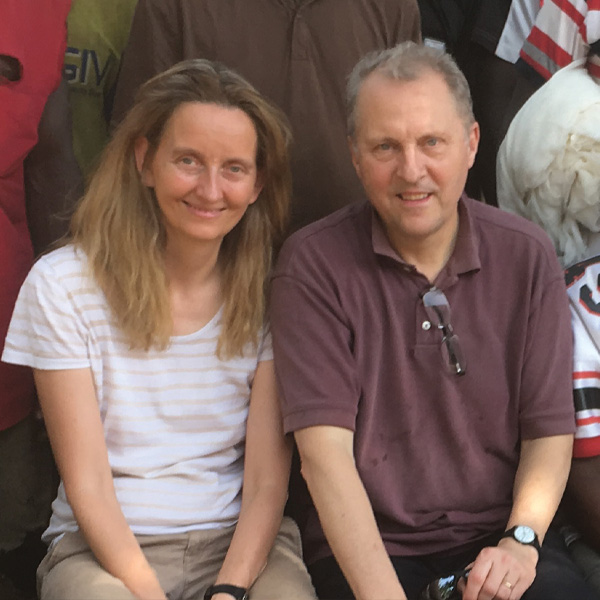
Ebola responses highlight chronic problems with public authorities and multiple inequalities in health assessments and responses. Our team’s research has explored the implications (http://www.lse.ac.uk/africa/centre-for-public-authority-and-international-development/Public-authority-and-Ebola). With respect to the 2014/15 epidemic in West Africa, the problems were extreme, and apparent to anyone who cared to notice. A basic statistic underlines the point: the estimated amount spent on Ebola was 150% more than the annual government budgets of the three most affected countries combined. This was primarily because West Africa is situated relatively close to Europe, and the affected populations have close connections with both Europe and the United States. There were serious concerns about infection spreading to rich countries. Containment was the priority, and protection of international staff shaped events on the ground. Indeed, unprecedented steps were taken. Unlike previous Ebola epidemics, the West African epidemic was categorised by the UN Security Council as ‘a threat to international peace and security’.
In Sierra Leone, an expensive British operation involved deploying hundreds of military medics and logistical personnel. Many were based offshore on HMS Argos, and others in protected locations near the site of a treatment centre they helped construct and run in Kerrytown, at the edge of Freetown. The centre took so long to complete that the worst of the epidemic was over by the time it was effective. Noteworthy, too, is that care was initially provided for infected expatriates in a separate space to Sierra Leonean citizens. However, the numbers coming forward were small. Rumours abounded, including stories about soldiers collecting body parts. The situation was not helped by the fact that infected expatriates were, in practice, evacuated to their home countries.

Dean, School of Public Affairs, Sciences Po
Full Professor, Department of Economics

The votes for antisystem parties is fueled first and foremost by a sharp deterioration of citizens’ trust in their institutions, experts and elites over the last three decades. According to the World Values Survey, the share of people who do not trust Parliament has increased from 47% to 77% in the United States, from 37% to 64% in France, and from 60% to 77% in Britain since the early 80s.
The erosion of trust in institutions seems closely linked to the deterioration of the living conditions of the middle and lower classes, hit by economic insecurity and rising inequalities, especially since the 2008 economic crisis. The financial crisis provoked an immense resentment towards the traditional parties, considered to be incapable of protecting the popular classes from the disturbances of contemporary capitalism. Beyond the financial crisis, the failure of governments and institutions to protect people from more structural risks such as the expansion of inequalities, globalization or the digital transition, has fueled distrust. As an illustration, in a series of articles analyzing the “China Shock”, David Autor, and his co-authors, highlight the effects of globalization on the destruction of employment in American industrial strongholds, leading to a strong resentment towards institutions and a political radicalization. The digital revolution and rising inequality have had the same effect in Europe and the United States.

Denis Fougère, Agnès van Zanten,
Research Directors, Observatoire Sociologique du Changement (CNRS), Sciences Po

This is an optical illusion. Inequalities become visible in Higher Education, but they are generated much earlier. Secondary education is everywhere tracked into academic and vocational curricula. These often take the form of school tracks in Continental Europe, while in Anglo-Saxon and Scandinavian countries the model of subject choice prevails. But the pattern is everywhere the same: academic curricula offer much better training for Higher Education, thus enhancing the chances of enrollment in (and completion of) tertiary programmes, and into the best ones. Upper class, native students are hugely overrepresented in classes offering these curricula.
To be sure, equalization measures at the end of secondary education are important, particularly outreach interventions combining academic support with the provision of information on Higher Education. But the problem is that they arrive too late, when students differ already too much in their skills and aspirations. Late interventions can have effects at the margins, but we have now increasing evidence that earlier counseling programmes targeting curricular choice in secondary education are more effective. There are just too many students with good school performances from disadvantaged families that fail to make ambitious choices in secondary and tertiary education. They, and their parents, tend to overestimate their risks of failure in the academic path. They thus adapt their ambitions downwards and end up selecting shorter, applied programmes. Light-touch counseling interventions can correct their misperceptions and sustain their aspirations, before it’s too late.

Dean, School of International Affairs, Sciences Po
President, Association of Professional Schools of International Affairs (APSIA)

Access to education has always been one of the main criteria for assessing levels of inequality and inclusiveness in a community. Numerous studies have focused on the topic in the past. It is interesting to highlight the impact that increased global mobility has had and is having in this field.
Due to major changes over the last two decades the resulting growth in mobility opportunities has profoundly altered the world of education, both in secondary and above all in university education. Before the mobility revolution that began years ago and which has accelerated since the beginning of the century, the option of studying abroad was limited to a small number of people. There were few exceptions to the widespread norm of cycles of studies carried out in the local area or at the furthest elsewhere within the same country.
The times we are living in have radically changed this pattern. Nowadays there is a global education market that is no longer exclusively available to small minorities or limited to individual countries. A subset of educational supply and demand has been formed on a global scale and is rapidly and continuously growing. It travels the planet breaking down the limits and barriers of the past and even provoking competition between distant and different locations. Something which was once limited to only a few people, today extends on a global scale like never before.

Full Professor, Department of Economics, Sciences Po

The multilateral trading system is now under attack by the country which has been its main inspirer, the United States. The current view of the US administration of trade as a zero sum game where some countries (with trade surpluses) gain at the expense of others (with trade deficits) marks a stark departure from previous administrations as well as from the consensus of economists. It is therefore important to have in mind the losses that a trade war would entail. A simulation of a trade war (see Jean, Martin and Sapir, 2018 and Vicard 2018) shows large permanent losses (around 3% to 4% of GDP for the EU, US and China and much larger for smaller countries) that are similar to the estimated permanent effect of the Great Recession. Benefits of trade (and losses of a trade war) should not be overestimated (there are also decreasing returns to trade liberalization) but they do exist.
This is not to say that benefits of trade liberalisation are evenly distributed. In fact, it has been known for a long time that international trade can not only increase inequalities but also create losers (be they individuals or regions inside countries).

Full Professor, Political Science, Sciences Po (CEE, MaxPo & LIEPP)

Tax cooperation seems to be more difficult to achieve through multilateralism than any other economic issue, despite growing consensus about the detrimental effects of corporate tax competition for both market integration and economic inequalities. Repeated attempts to harmonize corporate taxation have gained momentum since the financial crisis, with important proposals made by the OECD and the European Union. Yet failure to implement or even reach agreement on these proposals shows the need for leadership of the G7 in order to address the concerns of those countries that stand to lose most from corporate tax harmonization.
Detrimental effects
In the past, proponents of tax competition have underlined its positive effects on government efficiency, which were supposed to improve the provision of public services to respond to fleeting income. This argument generally does not hold for corporate taxation, since companies are much more mobile than citizens. As a result, we can observe a “race to the bottom” of corporate tax rates. Public choices are distorted in favor of the most mobile companies, with an increasingly important part of the tax burden born by the least mobile parts of a country’s population.